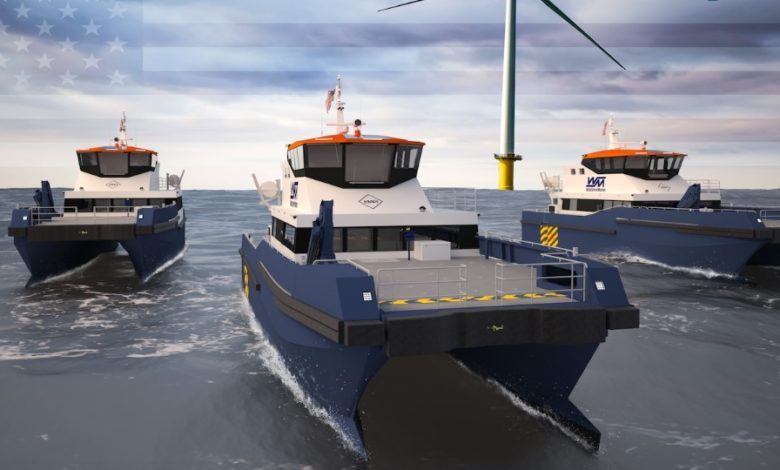Developers of Connecticut’s first offshore wind farm to fund marine life study

Ørsted and Eversource, developers of Connecticut’s first offshore wind farm, Revolution Wind, have established a multi-year research partnership with non-profit Mystic Aquarium to conduct one of America’s first comprehensive studies of the effects of offshore wind turbines on marine mammals and sea turtles. The research partnership is part of a $1.25m grant Ørsted and Eversource awarded to Mystic Aquarium last year.
To better understand how offshore wind can be built in concert with nature, Ørsted and Eversource are supporting research on how impacts of offshore wind on marine mammals can be minimised.
Through this partnership, Mystic Aquarium scientists will conduct several studies related to marine mammals and sea turtles. They will investigate the occurrence of marine mammal strandings before and after the construction and operation phases of Ørsted and Eversource’s three offshore wind farms: South Fork Wind, Revolution Wind and Sunrise Wind. They will develop biomarker technology to assess the physiological response of study animals to offshore wind power systems and to conduct long-term health monitoring.
“We firmly believe that offshore wind and marine life can successfully coexist, and today we double down on our commitment to develop offshore wind in an environmentally responsible way by partnering with Mystic Aquarium,” said Ray Collins, Eversource Manager of Government Affairs and Community Relations for Offshore Wind. “Through this partnership we will support new, vital research that will help us further refine our ability to construct essential renewable energy projects that will help minimise the devastating impacts of climate change on marine environments and our local communities.”
Mystic Aquarium’s rescue team responds to reports of stranded and distressed marine mammals and sea turtles over 1,000 miles of coastline in Connecticut, Rhode Island, and Fisher’s Island, NY. Once rehabilitated, marine mammals and sea turtles are returned to the wild with tracking devices attached to be utilised in ongoing research. Comparisons between biological samples taken from aquarium animals and samples from stranded animals will inform much of the research.
The aquarium’s rescue staff utilise satellite tags through a project in collaboration with Ørsted, Eversource and the Atlantic Marine Conservation Society. Data from years of tracking will be compared with data gathered during and after turbine installation to inform all partners of any effects on marine life.
